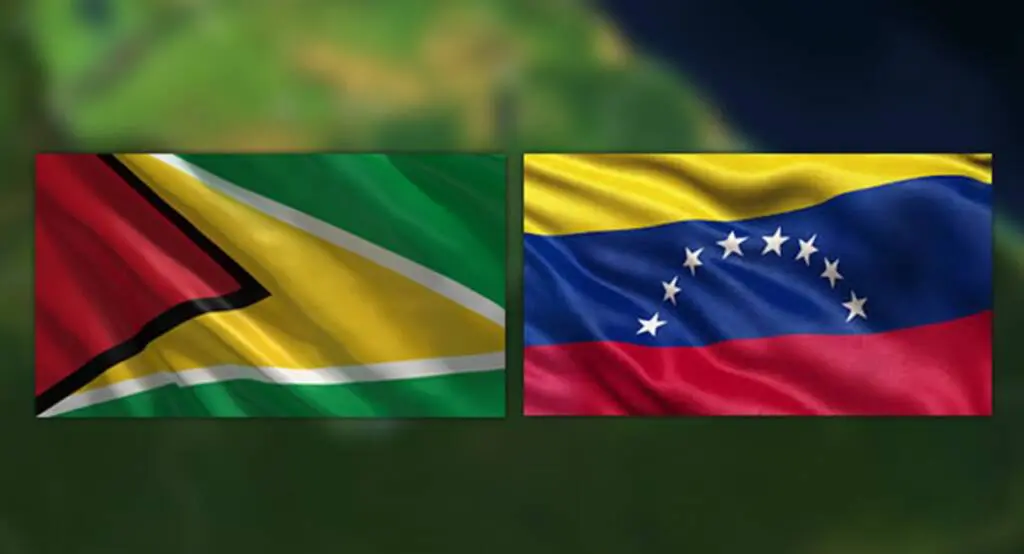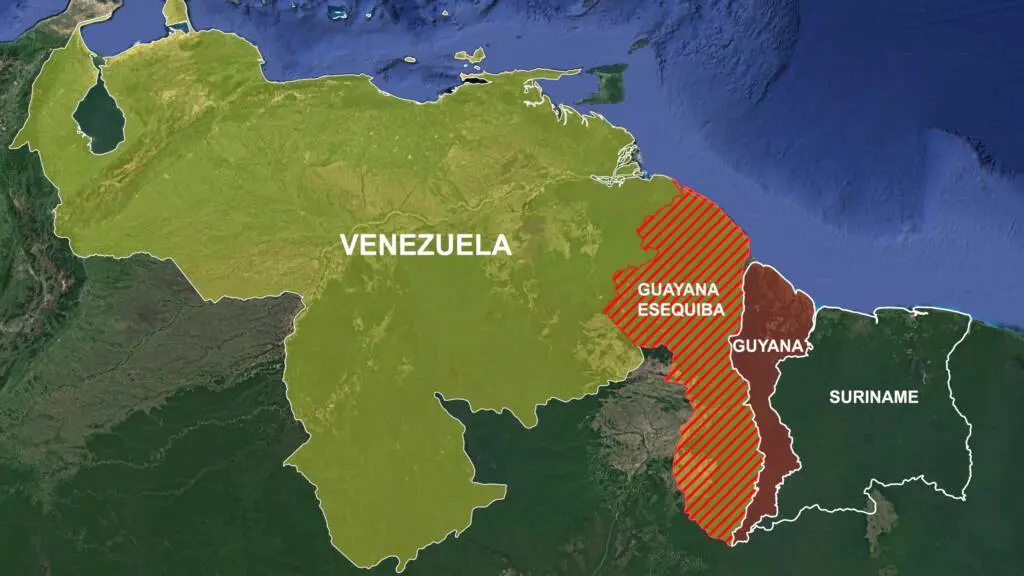International
Venezuela accuses Guyana of exploiting its oil resources

Venezuela has accused neighboring Guyana of issuing illegal exploration licenses to oil companies in the Essequibo region, the subject of a dispute between the two countries. According to Caracas, Georgetown has allegedly issued “illegal oil concessions… in a maritime area that is indisputably Venezuelan.”
Late last week, Caracas made headlines when it ordered troops to the border with Guyana, which raised the alarm about the oil buildup. Venezuela did not deny it, but said it had the right to reinforce its borders in response to U.S. military exercises in Guyana later this year and the presence of a British anti-narcotics ship in Guyanese waters.
Previously, the Venezuelan government had criticized Exxon for depending on the U.S. military for its security and the exploitation of Guyana’s oil resources.
Speaking of Exxon, last week the multinational corporation may have contributed to Caracas’ anger toward Guyana after declaring that it plans further exploration of oil and gas fields in the Essequibo region. Guyana’s foreign secretary, Robert Persaud, told the AP that Exxon has every right to explore that specific location off the country’s coast because “it is in the established waters of Guyana in a completely delimited area.”
“We’re not going anywhere,” said Exxon’s head of operations in Guyana, Alistair Rudge. Essequibo was part of Venezuela during its colonial period, but in the late 19th century, an international arbitration assigned the territory to Guyana, then a British colony. Venezuela never accepted the arbitration decision, but for most of the time since it was made, it has not acted on its grievances. So officially, the essequibo has been Guyana’s for 130 years.

Essequibo
The dispute between Guyana and Venezuela escalated late last year when Nicolas Maduro called a non-binding referendum on whether Venezuela should annex the Essequibo region, off the coast of which Guyana has made huge oil discoveries in recent years. A rhetorical referendum. Moreover, this year, in April, there are elections in Venezuela, and Maduro, who has already won a sanctions reprieve from the U.S. by granting theoretical free elections, can thus also distract the public on foreign policy issues.






